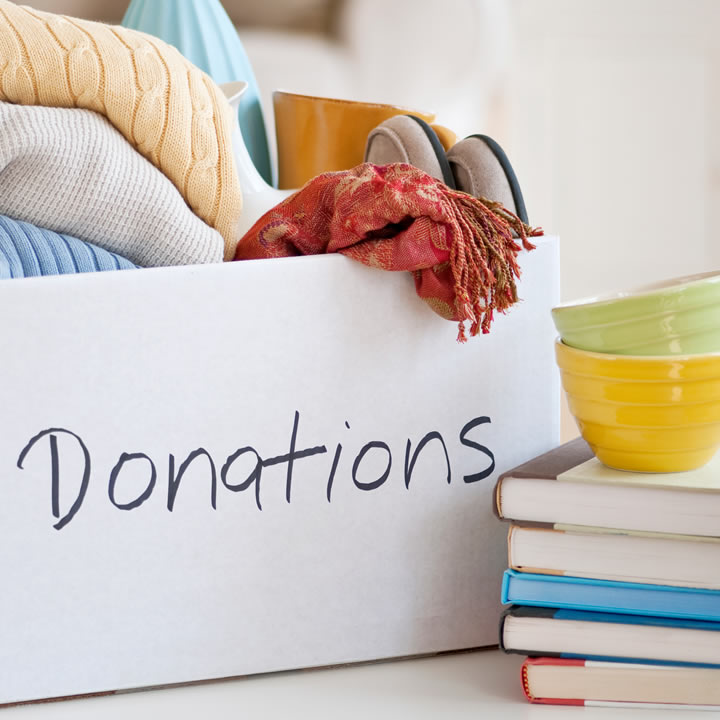One person’s trash is another’s treasure. Letting go of unused belongings could help people who need them. Giving also provides benefits for the person who donates. If you’re unsure why to donate or how to begin the process, keep reading.
Save Money on Taxes
Not only does donating unused items help non-profits and charity organizations, like LifeSavers Foundation, but it also can save money for the person who donates. Keep track of all of the items that are donated, including a receipt.
Be sure to itemize each item’s current cash value and even consider taking a photo of them to back up your tax deduction.
Save Money When Moving
Individuals getting ready to move can save themselves quite a bit of money by donating unused items before they move.
The cost of a long-distance move is based on the weight of belongings, so the more belongings someone has, the more expensive moving will be. The more things someone owns, the longer it will take a moving company to pack them up. If it is not used, it can be donated.
Simplify Spaces
Dejunking a home and donating unnecessary items can turn a messy house into a calm retreat. Many studies show that having less clutter can increase happiness. Consider embracing a minimalist lifestyle and clearing the clutter.
Helping Others
Donating unused clothes and household items to a good cause clears the closet and helps someone in need. Whether the items are household goods, books, toys, or clothing, those items can be reused by others who need them and cannot afford to pay the retail price for them.
Disaster victims, veterans, and the unemployed are some of the people who benefit from donated items.
Donating helps people become more generous.
Generosity is a trait that everyone should work to improve, and donating helps people improve in this area.
Help the Environment
Taking good care of our world is essential. Donating clothes not only helps people who might need them, but it provides space for other things in landfills and reduces the production of more clothes.
Tips for Donations
Call or visit the charitable organization before donating to ask what is needed by the agency. Fabric items like clothing, bedding, and towels should be washed or dry-cleaned and free of stains. Check each piece of clothing for rips or tears, missing buttons, stains, and broken zippers. Check the pockets in clothing, purses, and bags.
Many organizations do not have space to store items until the next season, so consider donating only current-season clothing. Bathing suits and undergarments are often not accepted, so check with individual charities on their policies.
Animal shelters always appreciate sheets and towels, even if they are badly stained or worn.
Donating Toys
Many charities accept toy donations, but other places benefit from them as well. Many hospitals accept toys for children to play with. Doctor’s offices may also accept donations for their play areas for waiting children.
Daycare centers often need toys because they run through them quickly. The greatest need is usually for toys for young children. Women’s and homeless shelters will often take toy donations for the people they help.
Decluttering space at home can provide financial benefits and peace of mind while also helping someone in need. Don’t hold onto items that are not being used. Pass them on to someone who will use them.

